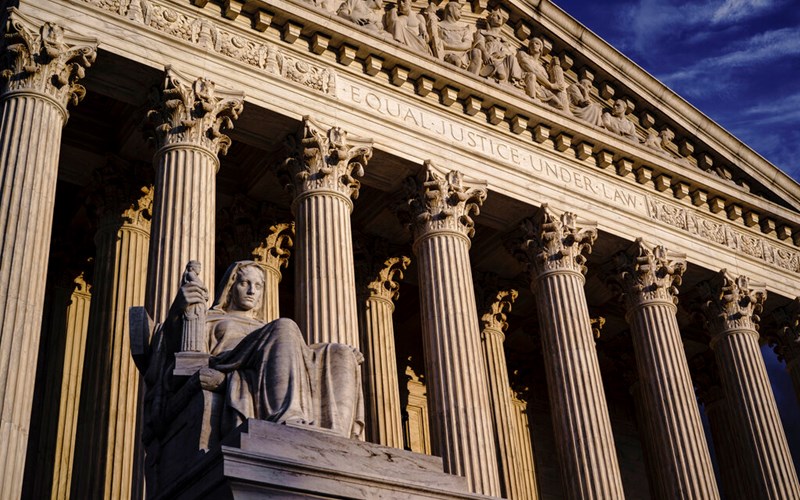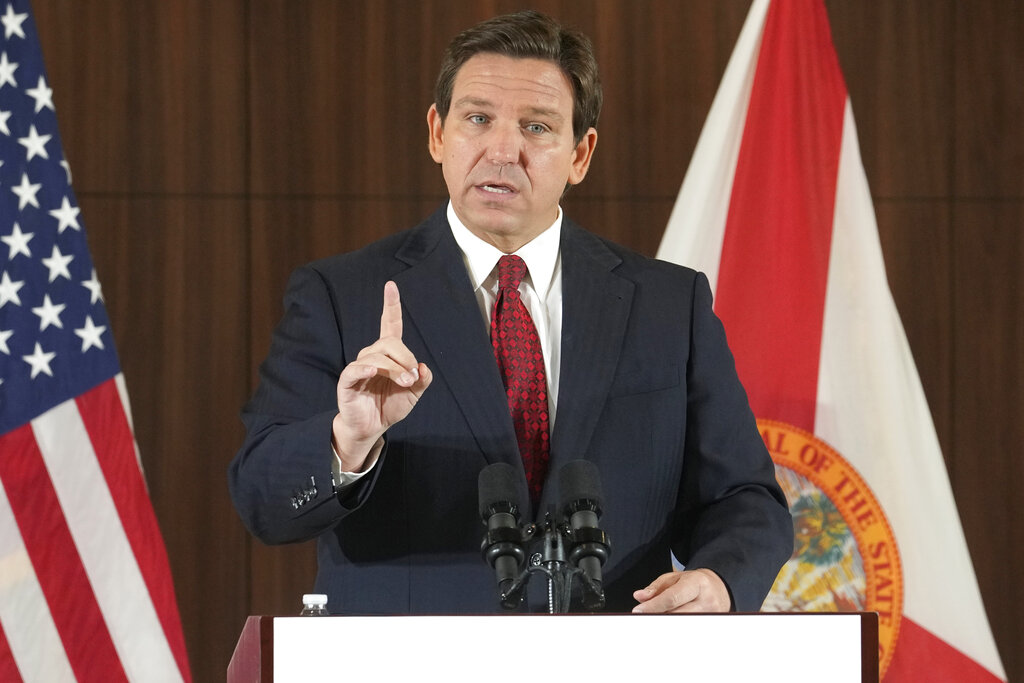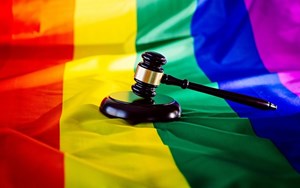How the high court eventually rules in Gonzalez v. Google LLC could potentially strip social media platforms of their Section 230 protections. That section of the Communications Decency Act says individuals cannot sue social media companies for what they allow to be posted – essentially, that those platforms are not publishers responsible for content.
According to Curtis Houck of Media Research Center, it's a rare issue where both sides of the political aisle think there needs to be a change – but for completely opposite reasons.

"There is that common interest that something has to change. But then the question is: How far do you go?" he explains. "Whereas conservatives can say we need to reform [Section] 230 in order to in order to be able to give the individual more power in cases of censorship – [but] the other side calls for more censorship."
Gonzalez v. Google LLC is brought by the family of an American who was killed in the Paris terrorist attacks of 2015. The family claims YouTube, which is owned by Google, allowed ISIS recruitment videos to be posted which radicalized the terrorists who killed 23-year-old Nohemi Gonzalez, who was a college exchange student at the time.
"They are arguing that Google should be held responsible for inflating such hateful language, and really not being able to take action against them," Houck explains further.
The MRC spokesman says the votes to strip Section 230 protections from Big Social just might be there.
"I think you definitely see overtures from the usual justices," says Houck. "[Neil] Gorsuch and Clarence Thomas and probably Samuel Alito together would be very open to changing it, looking at Section 230 in terms of the immunity that digital platforms have from criminal or civilian lawsuits."
According to The Washington Post, Gonzalez v. Google LLC is one of several landmark tech cases pending before the high court, offering the justices an opportunity to definitively address whether and how internet regulation should be changed. One of those is Twitter, Inc. v. Taamneh – which is set to be argued tomorrow (Wednesday, Feb. 22).







